Iloilo City, Philippines – 10 July 2025
The final day of the Augustinian International Research Conference (AIR-C) continued to bring delegates and guests to examine how artificial intelligence (AI) is reshaping our world. Under the theme “Embracing Change and Transformation in the Age of AI,” the day’s events highlighted both the exciting possibilities and serious challenges that AI presents to business and society.
The day’s keynote speaker, Mr. Yukio Toyoshima, Special Advisor at PwC Japan LLC, delivered an eye-opening presentation on “How Does AI Influence Business?” Toyoshima traced AI’s remarkable journey from basic generative tools like ChatGPT to the potential development of Artificial General Intelligence and beyond. He explained how AI is already transforming business operations by making processes more efficient, sparking innovation, and creating personalized customer experiences through chatbots, predictive analytics, and automated content creation.
However, Toyoshima also addressed the significant challenges that come with AI adoption. He shared sobering statistics showing that AI could potentially replace 47% of jobs in the United States and 1.8 million positions in Japan by 2035. Beyond job displacement, he highlighted AI’s environmental impact, noting that AI data centers consume enormous amounts of electricity, with ChatGPT using ten times more energy than a typical Google search. He emphasized the critical need for ethical frameworks and responsible governance to ensure AI development aligns with human values while addressing concerns about bias, privacy, and security.
However, Toyoshima also addressed AI’s significant challenges, including potential job displacement (47% of U.S. jobs and 1.8 million Japanese positions by 2035), massive energy consumption by AI data centers, and the critical need for ethical frameworks to address bias, privacy, and security concerns.
The conference featured diverse research presentations across multiple disciplines, from AI applications in marketing and education to innovations in farming and pollution monitoring. Researchers also explored deeper ethical questions about AI’s role in legal standards and the preservation of meaningful human interaction in our digital age.
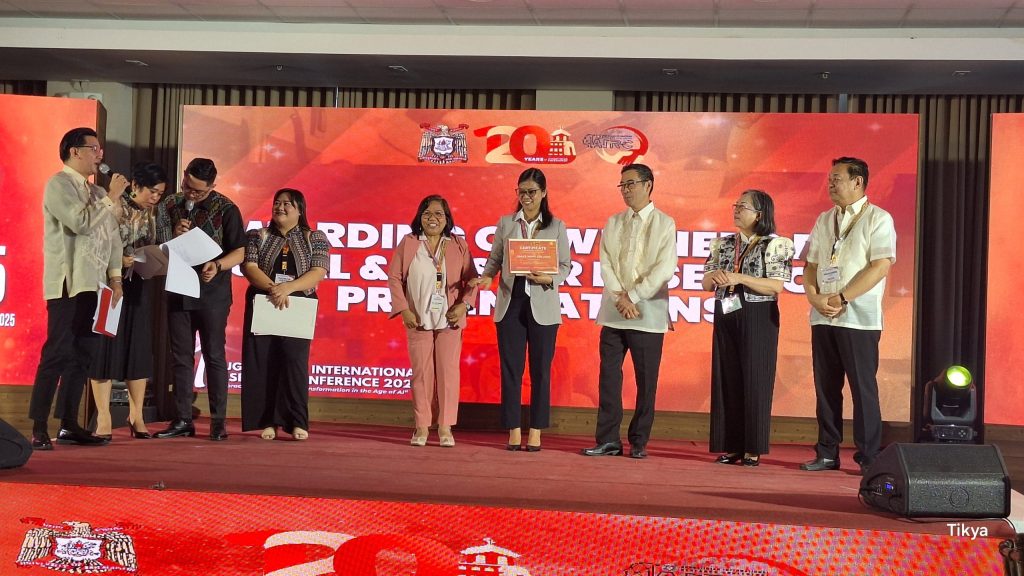
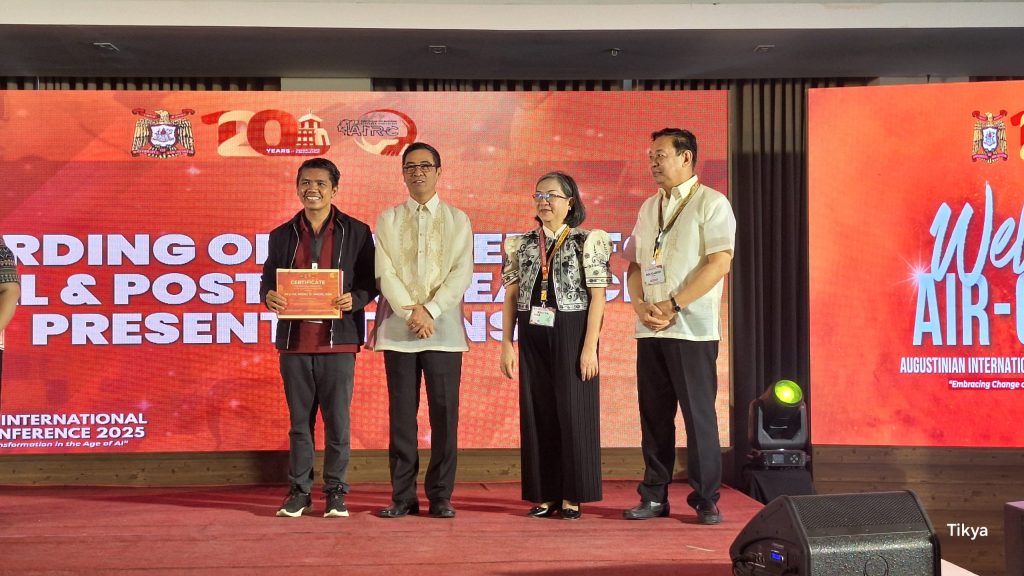
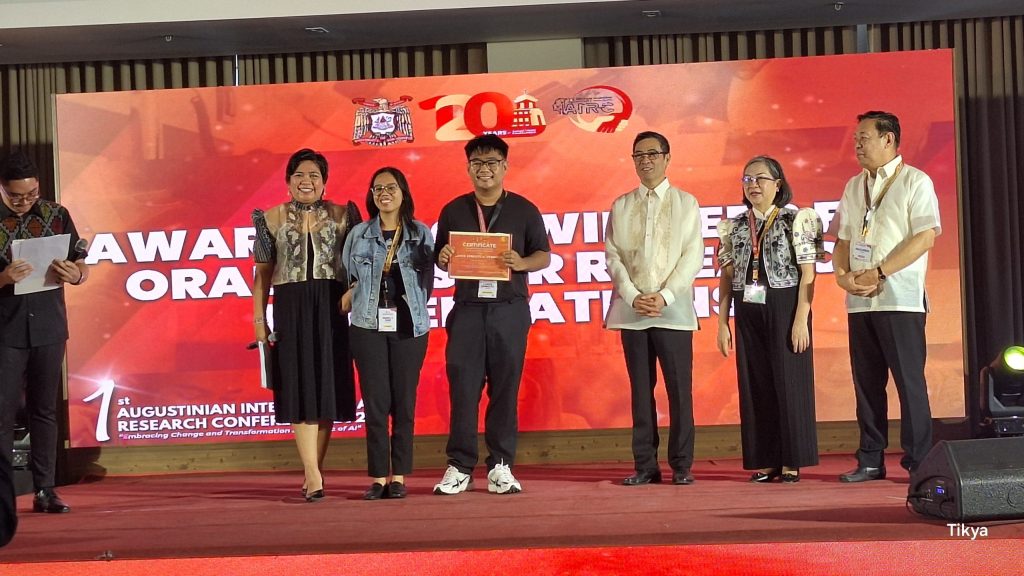
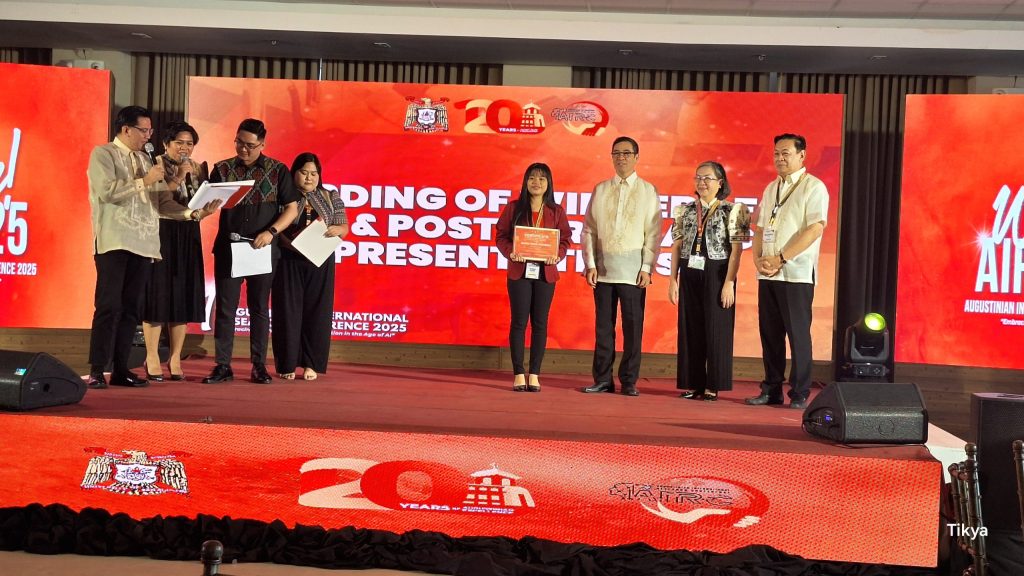
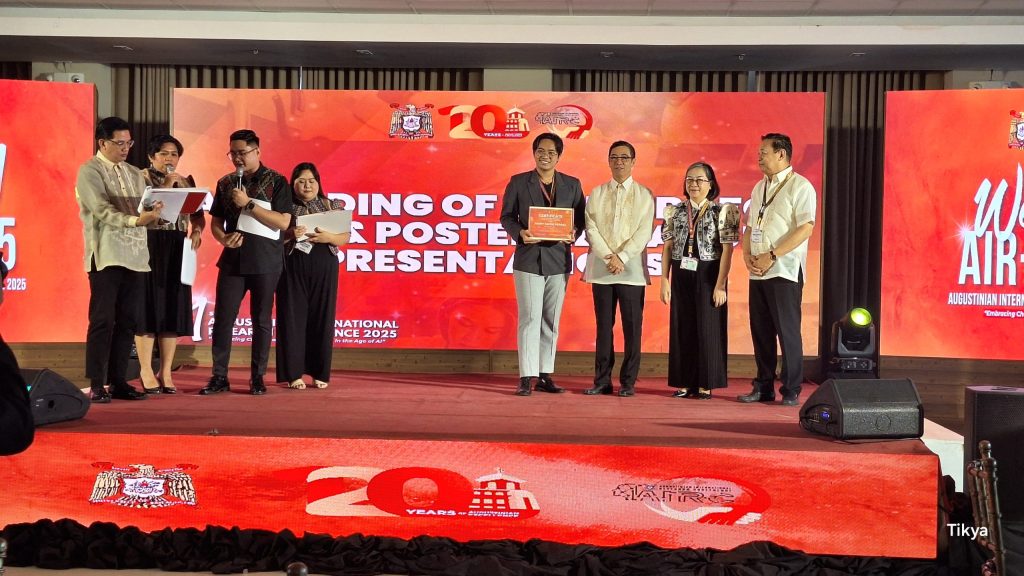
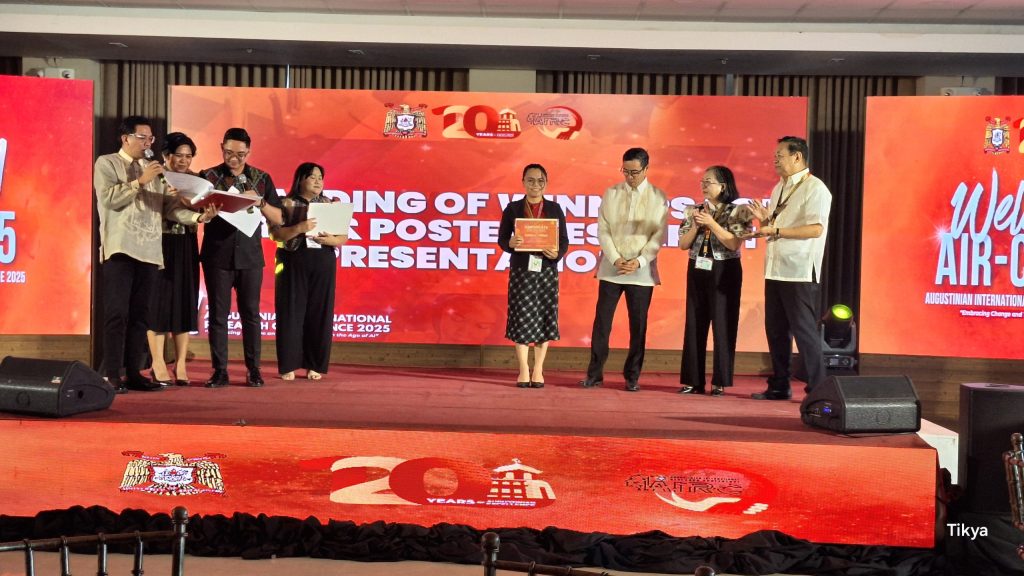
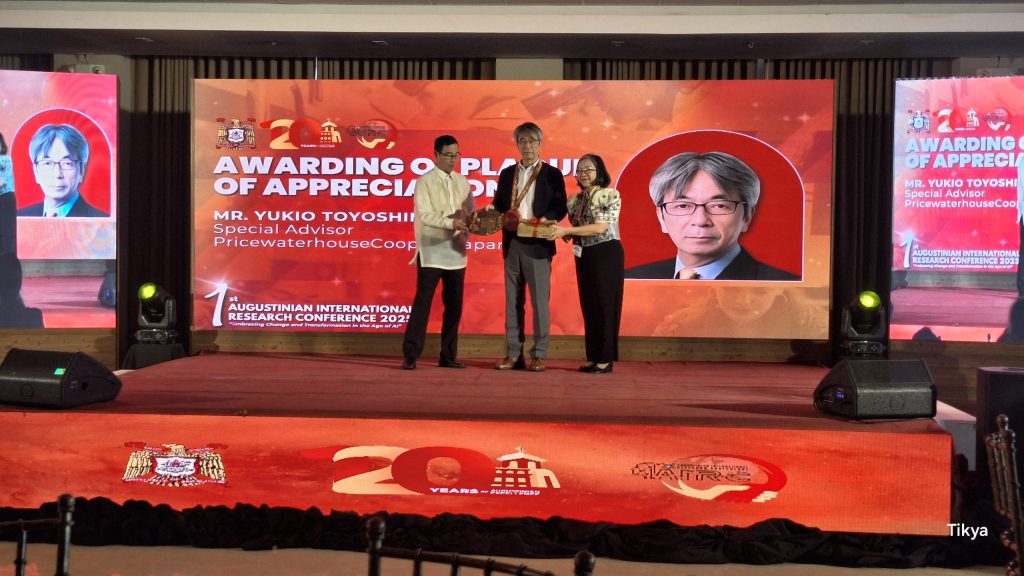
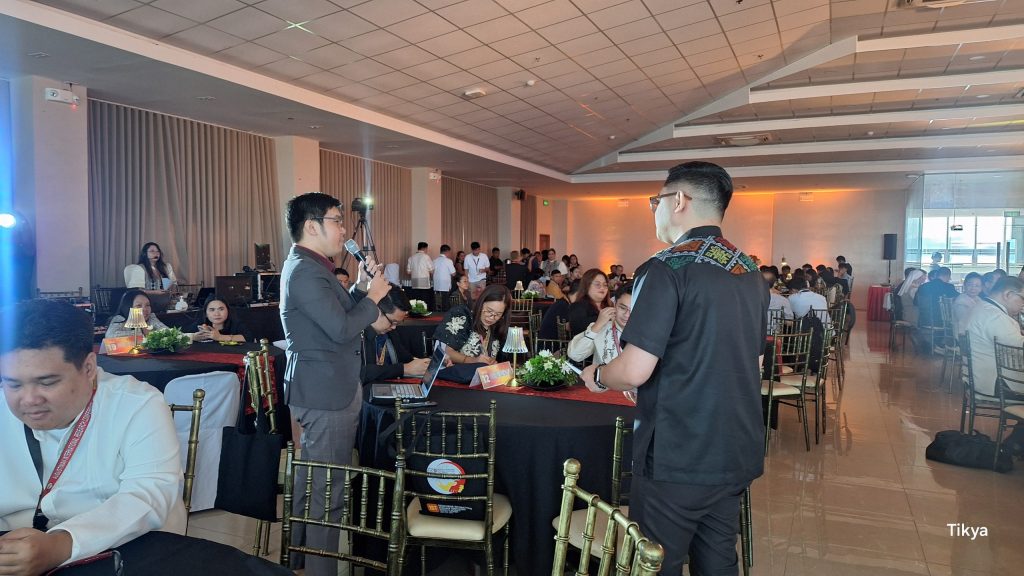
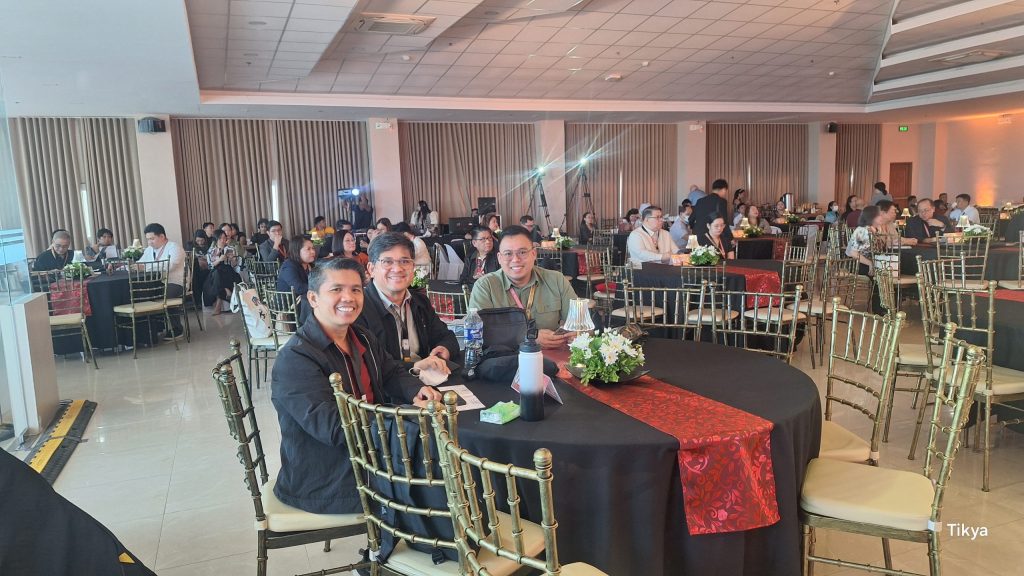
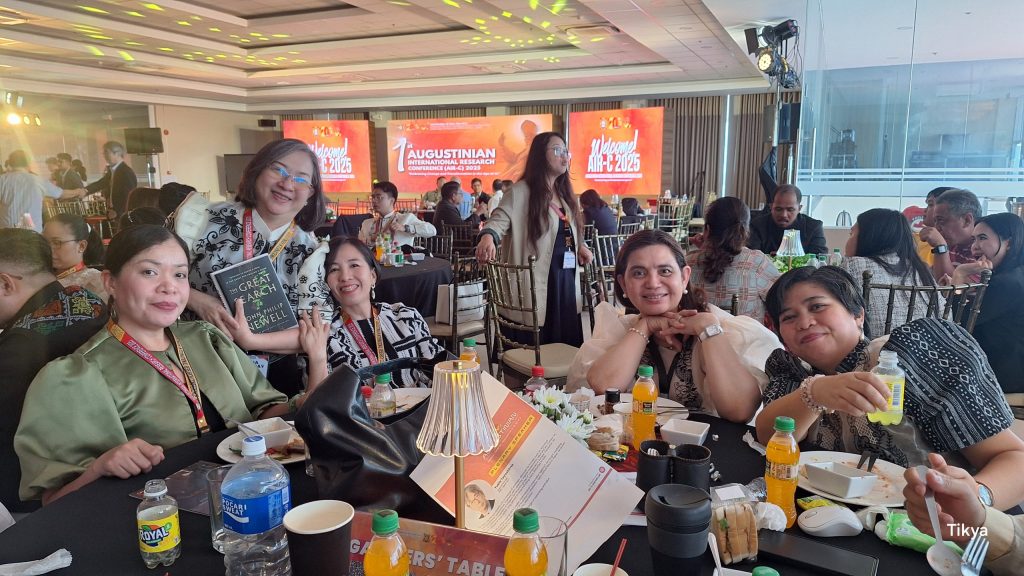
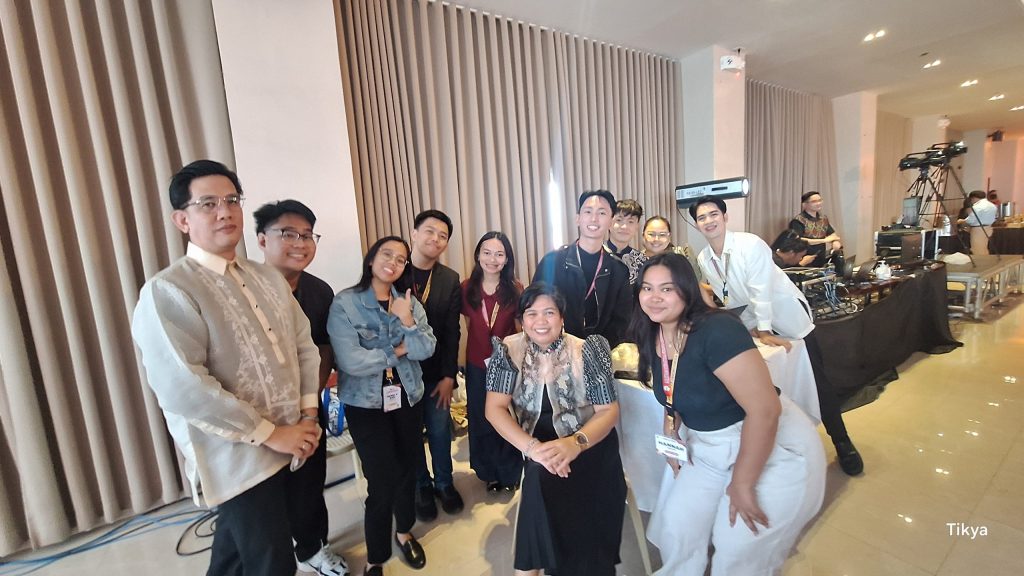
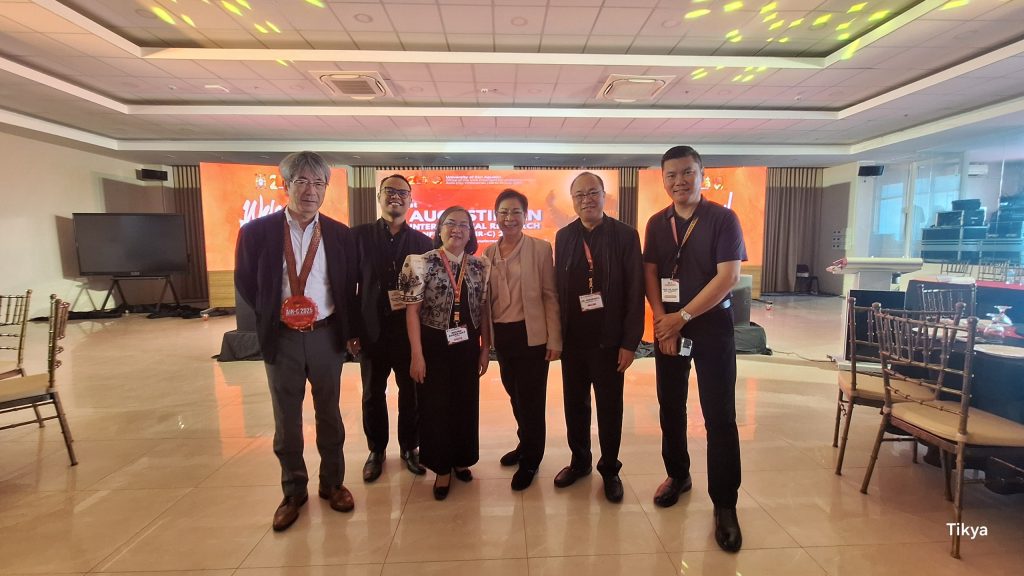
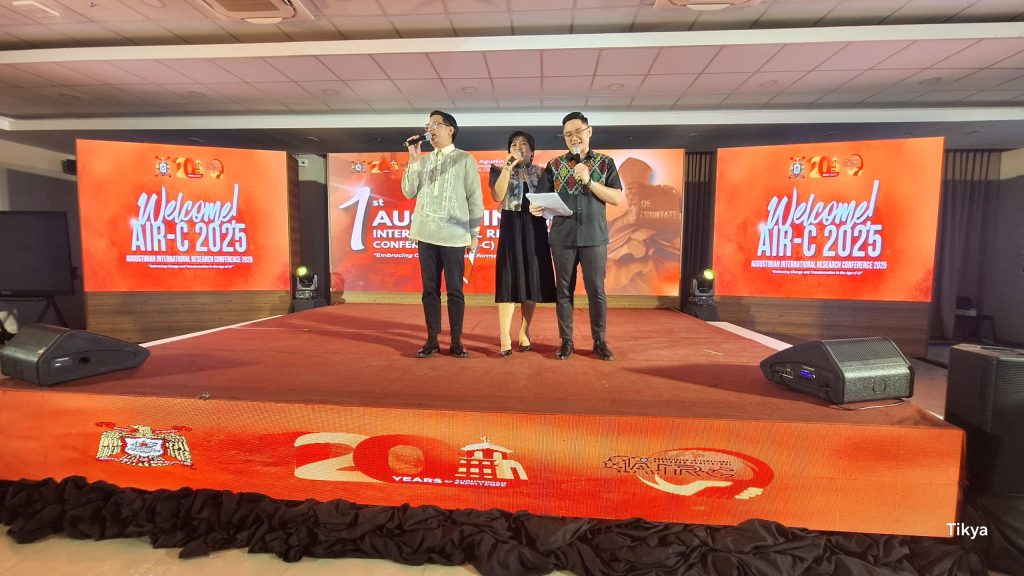
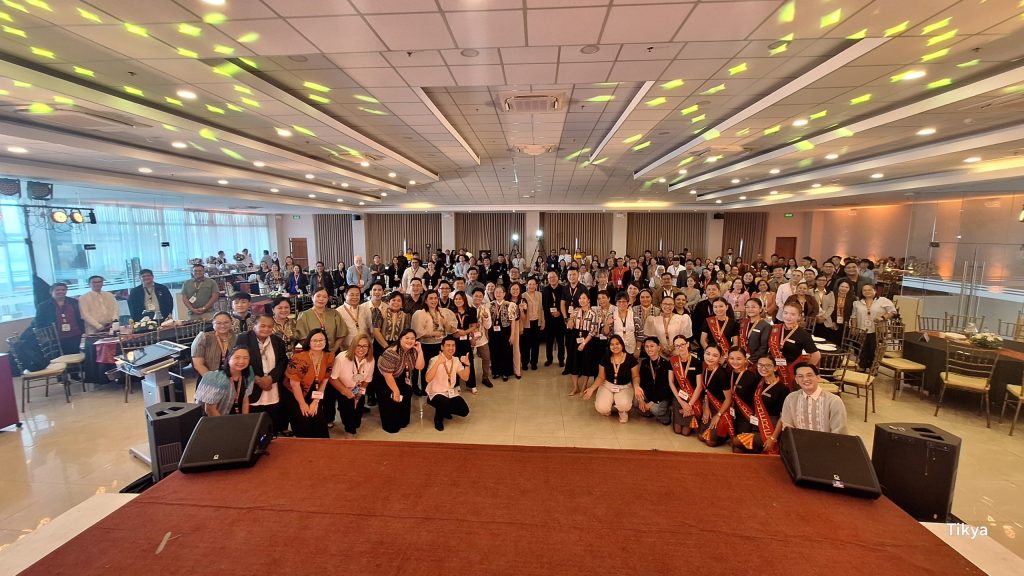
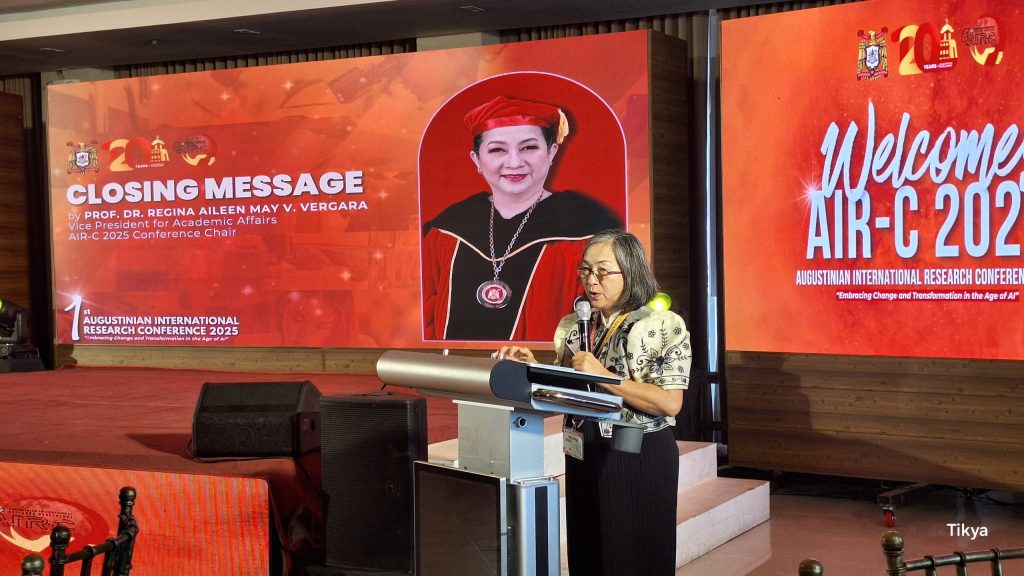
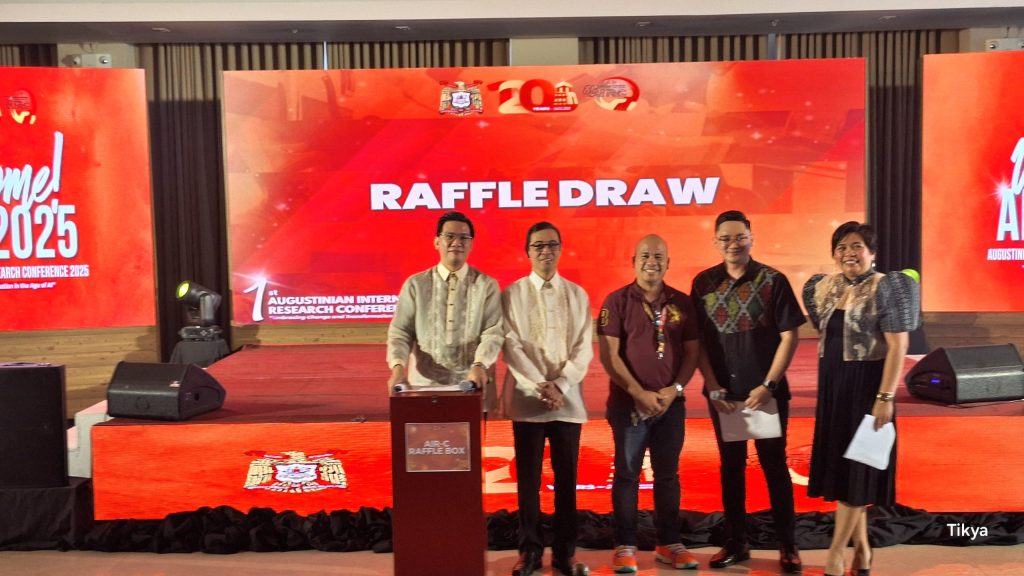
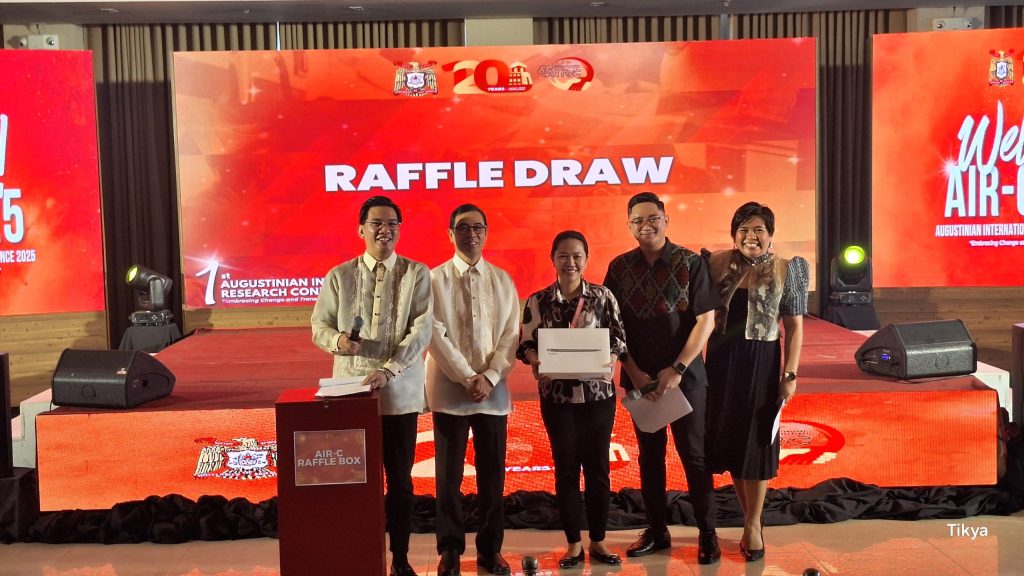
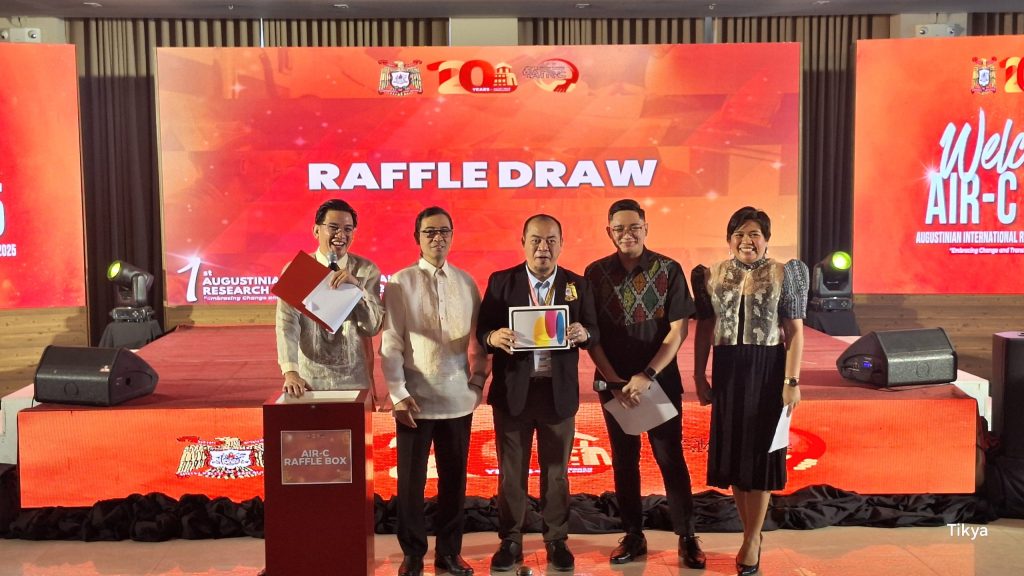
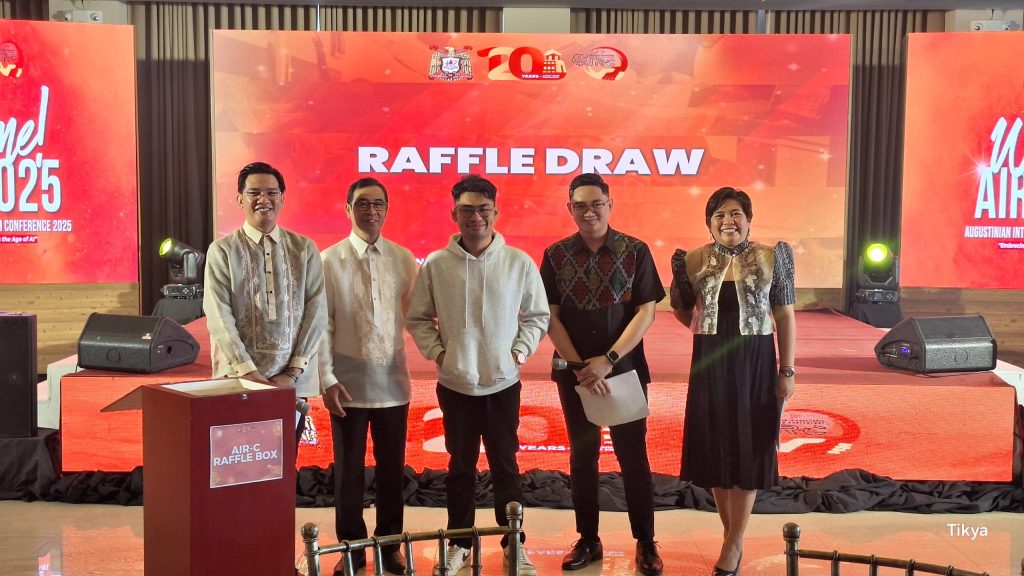
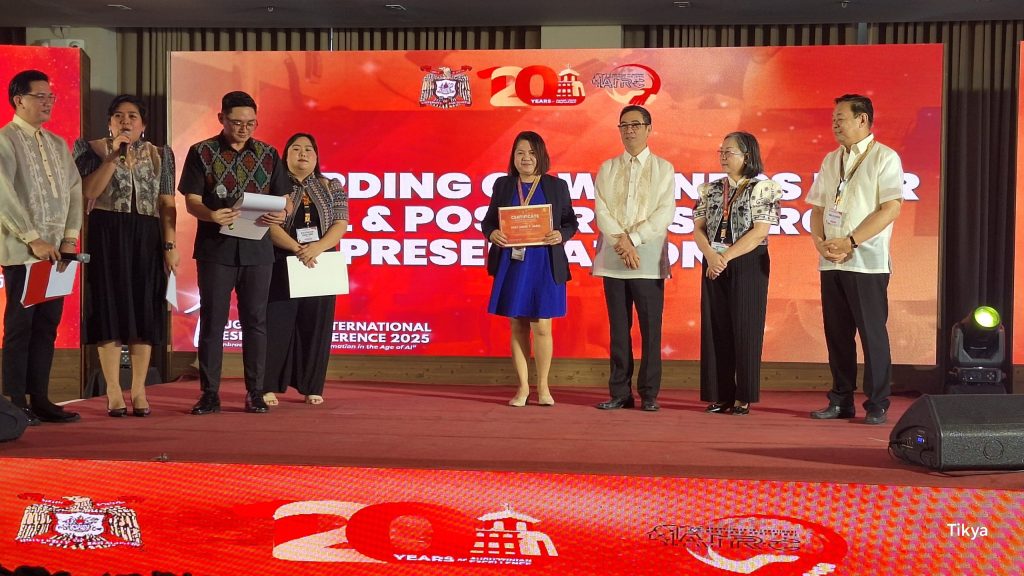
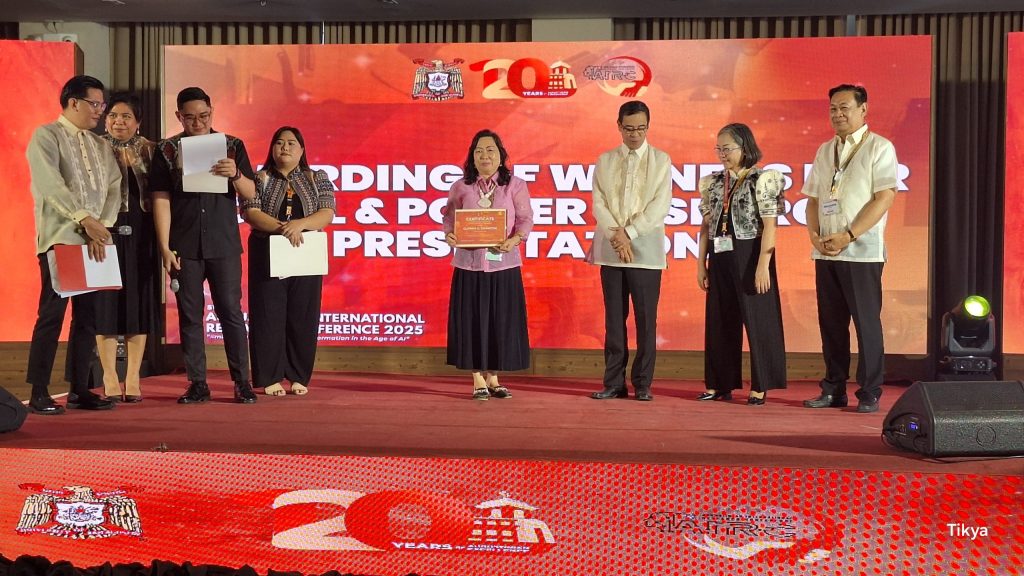
The closing ceremonies recognized outstanding research presentations and featured reflections from Conference Chair Dr. Regina Aileen May V. Vergara. She emphasized the importance of balancing technological innovation with ethical responsibility.
Three key insights emerged from the day’s discussions. First, AI serves as a double-edged sword that drives efficiency and innovation while creating societal challenges that require careful policy and ethical oversight. Second, successful AI implementation demands collaboration across academic institutions, industry, and government to harness its potential responsibly. Third, any AI development must remain human-centered, preserving dignity, equity, and sustainability.
As AIR-C 2025 concluded, participants departed with renewed commitment to bridge the gap between AI’s tremendous possibilities and its ethical requirements, ensuring that technological advancement serves the greater good of humanity.


